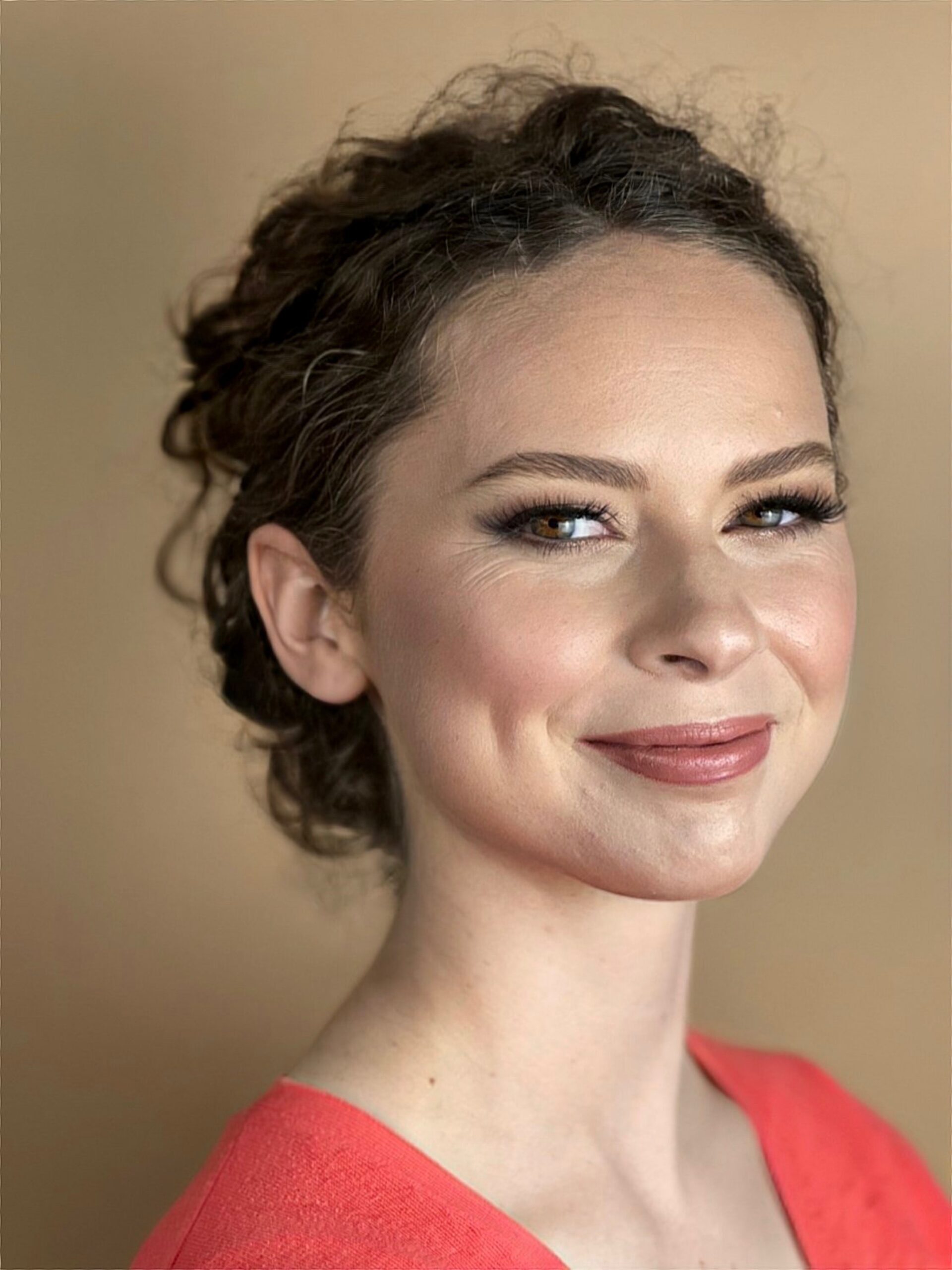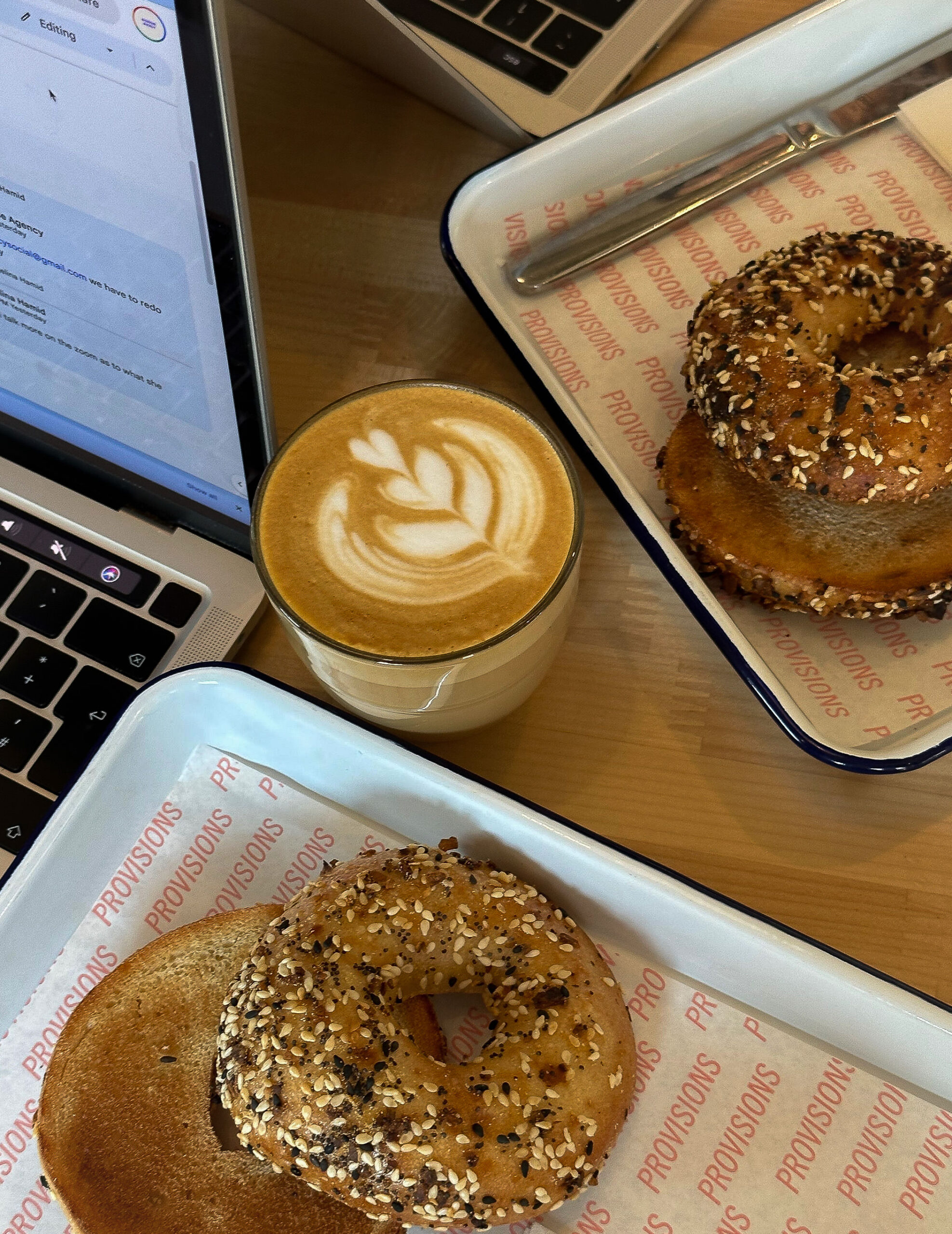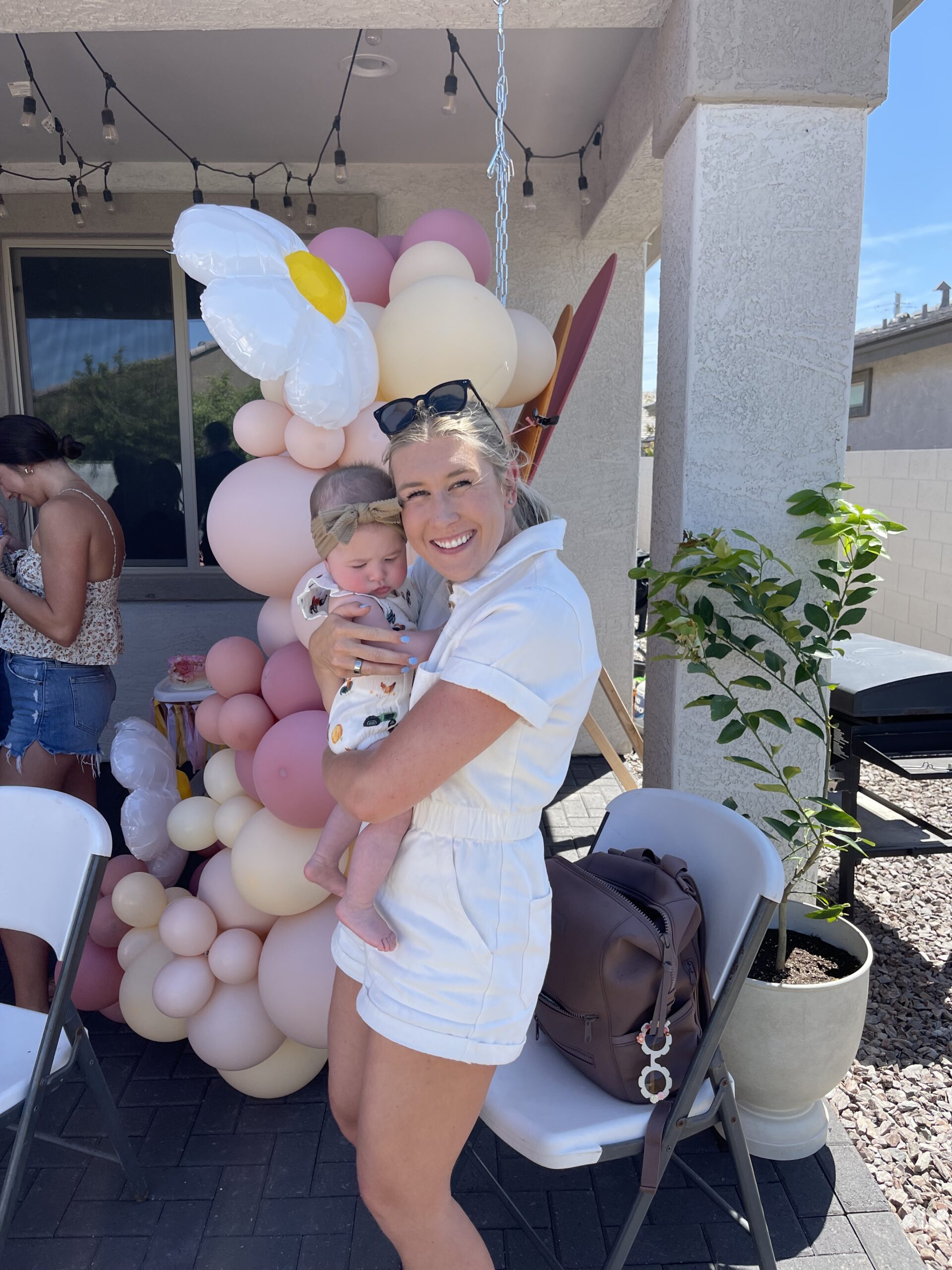5 Reasons You Might Not Feel Full Unless You Binge

Written By:
Category:
Ryann Nicole
I remember repeatedly Googling in frustration, “Why do I never feel full unless I binge?” For me, there was no in-between; it felt like I was either finishing my meal still hungry, counting down the minutes until I could eat again, or I was so full I was sick.
One of my biggest fears when I started recovery was that I would never feel full again. I recall telling my therapist, “I am so scared that if I don’t binge, I just won’t ever feel full, and that’s miserable!”
5 Common Reasons You Might Not Feel Full
Here are five reasons why I felt that way, reasons you may likely relate to if you share the same struggle:
01) Eating Too Quickly
I ate so fast that I didn’t even taste the food. Not only does eating too quickly not give your body enough time to signal fullness, but it also prevents you from feeling fully satisfied by your meal.
If you can relate, try to eat slowly and savor your food, allowing your brain to catch up with your stomach.
02) Depending On Air Foods
Air foods such as rice cakes, cauliflower rice, pretzels, popcorn, cucumbers, etc., used to be staples in my diet. Although there is nothing wrong with these foods, they’re simply not very filling. Consuming foods that lack essential nutrients may leave your body craving more, even if you’ve consumed enough calories or a balance of macronutrients.
If you can relate, try swapping your rice cake for a slice of multigrain bread or your cauliflower rice for actual rice and see how you feel.
03) Ignoring Hunger
I used to be the QUEEN of trying to push out my hunger for as long as I could. I believed that the longer I waited to eat, the less I would consume. However, it only made it harder for me to stop eating once I started. When you ignore your hunger, your body increases ghrelin (your hunger hormone) and decreases leptin (your satiety hormone) to ensure you’re getting enough food. It’s a biological response.
If you can relate, try getting on a consistent eating schedule—aiming to eat every 3-4 waking hours until you feel more in touch with your hunger and fullness.
04) Restricting Fullness
Unless I was bingeing, I didn’t let myself eat to fullness. Getting seconds was out of the question—never allowed. So if I wasn’t full off the allotted calories or portion I gave myself, that was it. I had to wait until my next meal. So, of course, I never felt full unless I was bingeing.
If you can relate, get that second helping, allow yourself to eat more if you’re not full.
05) Lack of Fiber
I never struggled with fiber—I probably ate more fiber than my body needed 😅. But if you struggle with this, a culprit could be a lack of fiber. A diet low in fiber may not provide the satiety you need. Fiber-rich foods can help you feel fuller for longer periods.
If you can relate, try adding some more color to your meals.
To give you hope, I promise you’re not broken. Odds are, one of the factors above is at play. Try adding in the suggested tips. If you feel resistant to trying the suggestions, more healing around your relationship with food may need to happen.
Disclaimer: If you don’t relate to any of the above, certain medical conditions, such as hormonal imbalances, gastrointestinal disorders, or metabolic issues, could affect your appetite and feelings of fullness. If you’re concerned, it’s crucial to consult with a healthcare professional for a thorough evaluation.
Must Read Books To Improve Your Relationship With Food
Just so you know, I do review everything I recommend. When you buy through links on this page, we may earn a commission.
Intuitive Eating by Elise Resch and Evelyn Tribole
When it was first published, Intuitive Eating was revolutionary in its anti-dieting approach. The authors, both prominent health professionals in the field of nutrition and eating disorders, urge readers to embrace the goal of developing body positivity and reconnecting with one’s internal wisdom about eating―to unlearn everything they were taught about calorie-counting and other aspects of diet culture and to learn about the harm of weight stigma.
Health At Every Size by Lindo Bacon
Fat isn’t the problem. Dieting is the problem. A society that rejects anyone whose body shape or size doesn’t match an impossible ideal is the problem. A medical establishment that equates “thin” with “healthy” is the problem. The solution? Health at Every Size. Tune in to your body’s expert guidance. Find the joy in movement. Eat what you want, when you want, choosing pleasurable foods that help you to feel good. You too can feel great in your body right now—and Health at Every Size will show you how.
Anti-Diet by Christy Harrison
In Anti-Diet, Christy Harrison takes on diet culture and the multi-billion-dollar industries that profit from it, exposing all the ways it robs people of their time, money, health, and happiness. It will turn what you think you know about health and wellness upside down, as Harrison explores the history of diet culture, how it’s infiltrated the health and wellness world, how to recognize it in all its sneaky forms, and how letting go of efforts to lose weight or eat “perfectly” actually helps to improve people’s health—no matter their size. Drawing on scientific research, personal experience, and stories from patients and colleagues, Anti-Diet provides a radical alternative to diet culture, and helps readers reclaim their bodies, minds, and lives so they can focus on the things that truly matter.
Just Eat It by Laura Thomas
With a perfect blend of scientific expertise and relatable anecdotes, the author dismantles societal myths around food and body image. Through practical advice, self-reflection exercises, and a touch of humor, Thomas equips readers with the tools to break free from the cycle of diet culture, promoting self-love and nourishment. This book is an essential companion for anyone seeking to redefine their approach to food, fostering a positive and sustainable lifestyle.
Ryann Nicole
Licensed Therapist, Certified Nutritionist, and Virtual Wellness Coach
Ryann is a licensed therapist and virtual wellness coach who has assisted individuals worldwide in establishing a healthier relationship with food and their bodies.
Are You Ready to Heal Your Relationship With Food?
I understand—it can be overwhelming to figure out where to begin. Let's simplify things and have you start right here:
Why Am I Overeating?
First Steps To Stop Binge Eating
The Food Freedom Lab Podcast
FREE QUIZ
FREE GUIDE
Podcast
the food freedom lab podcast




